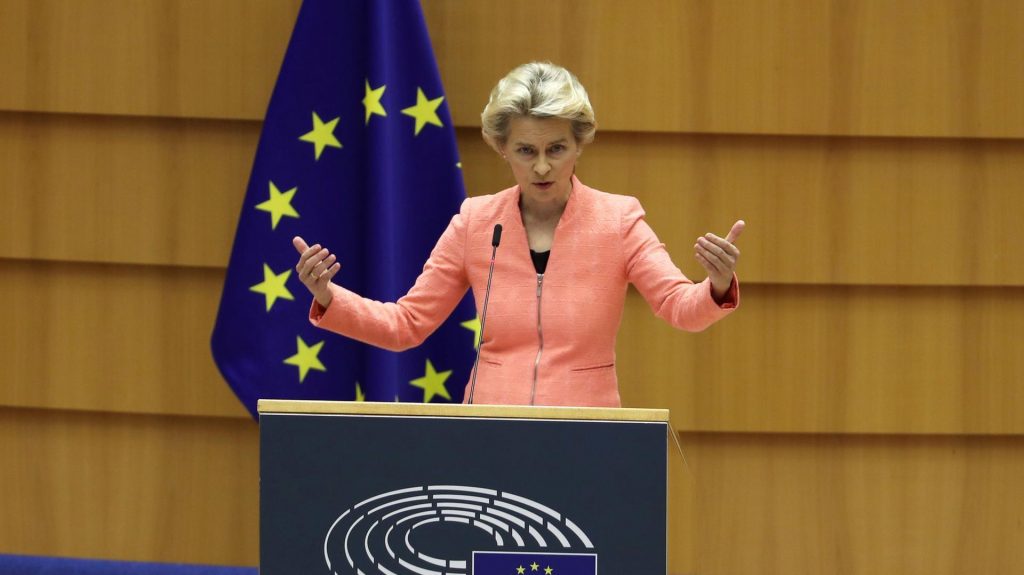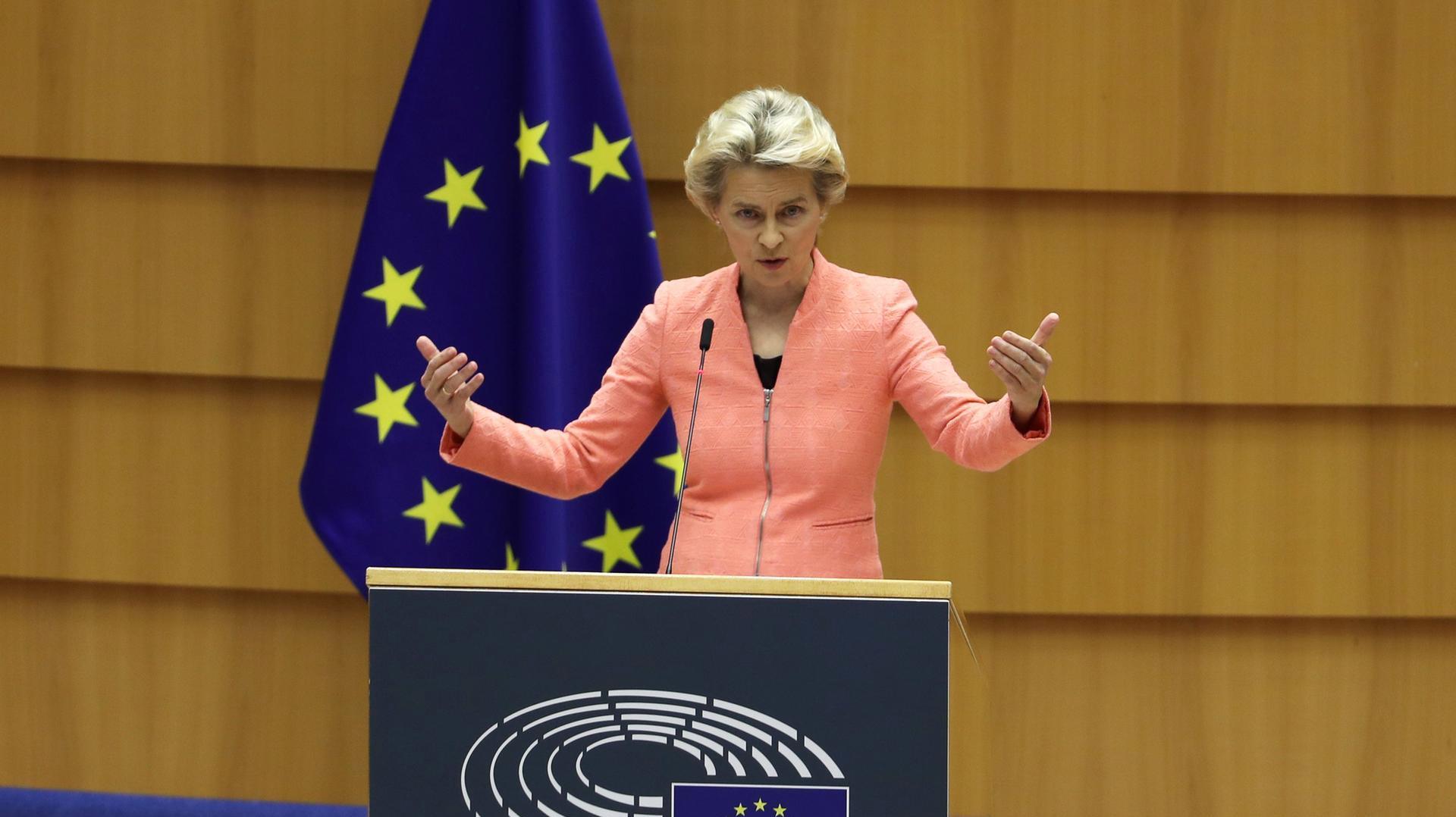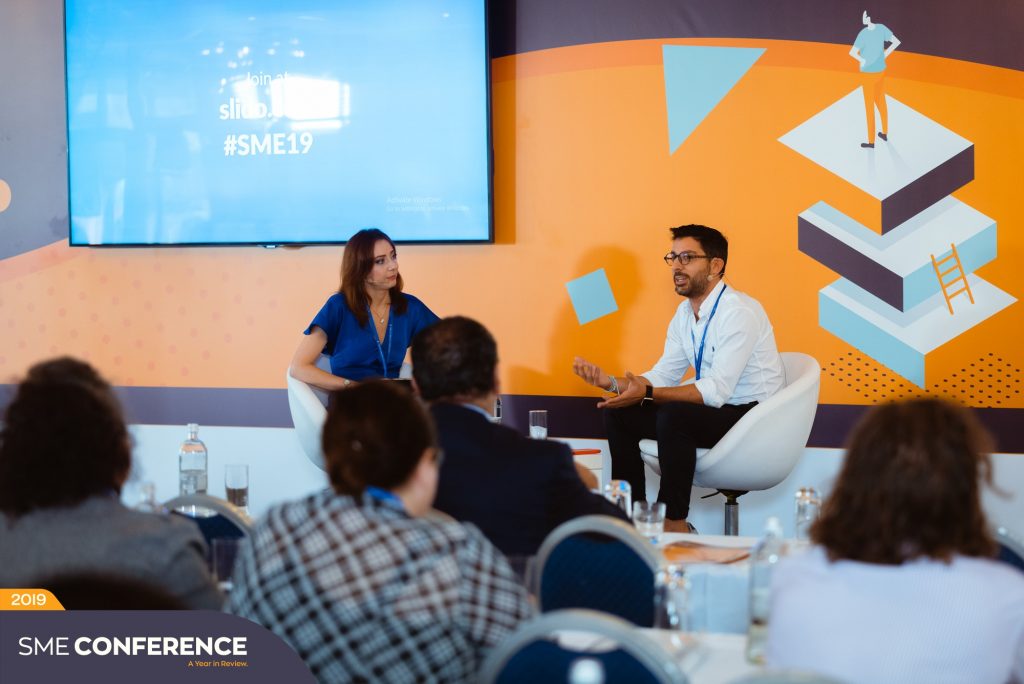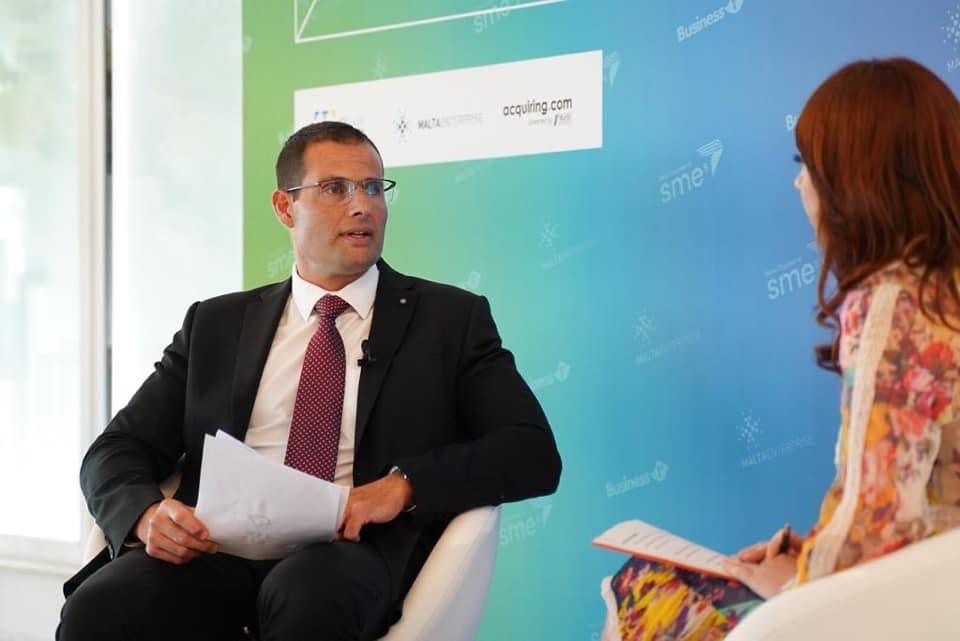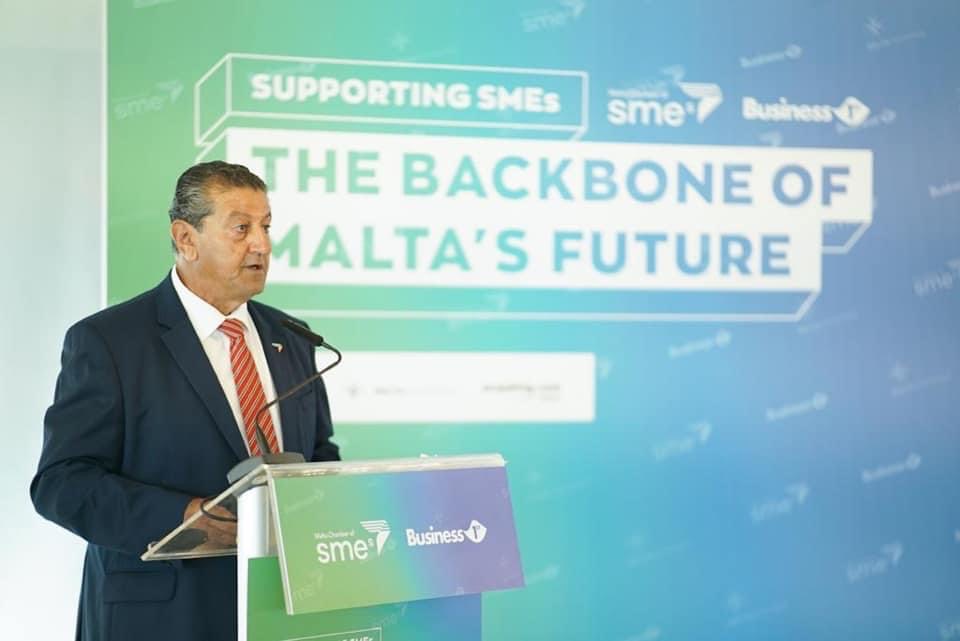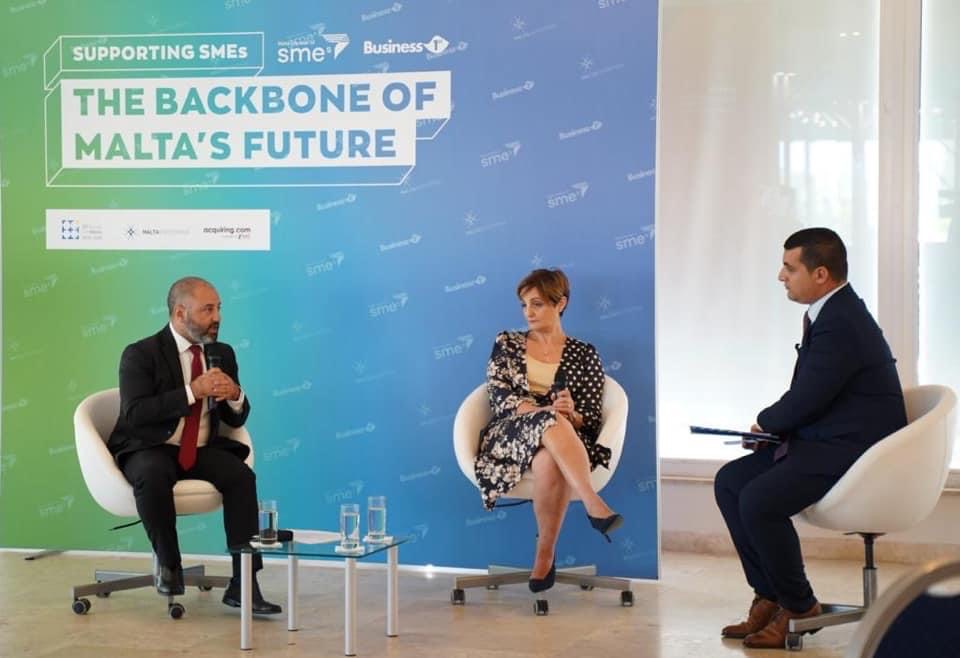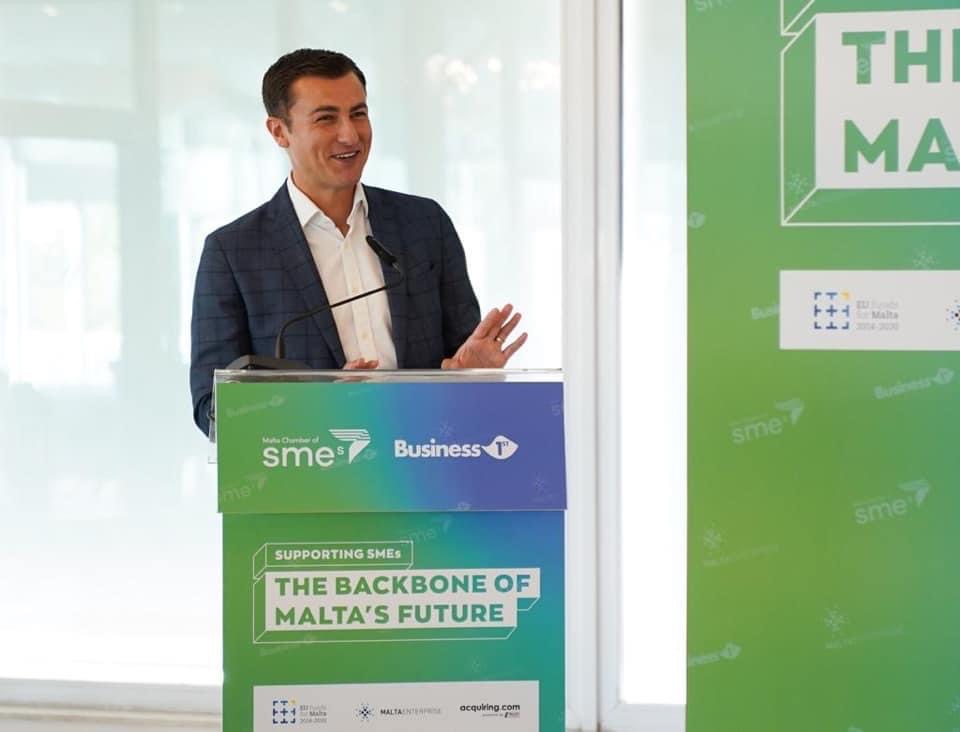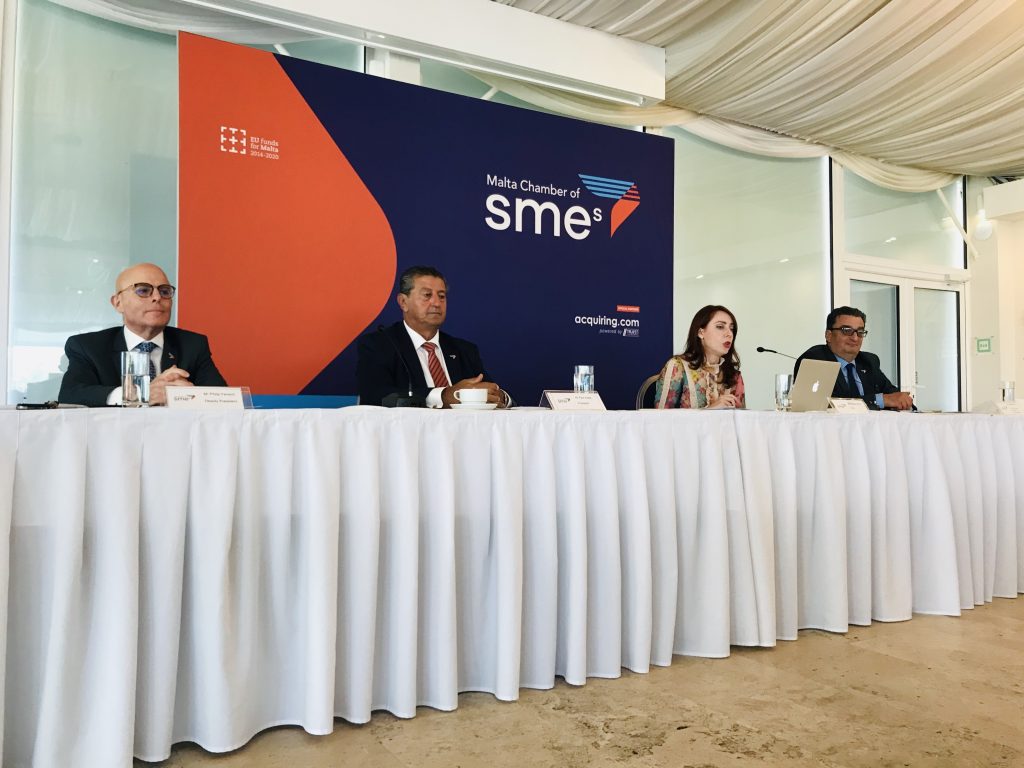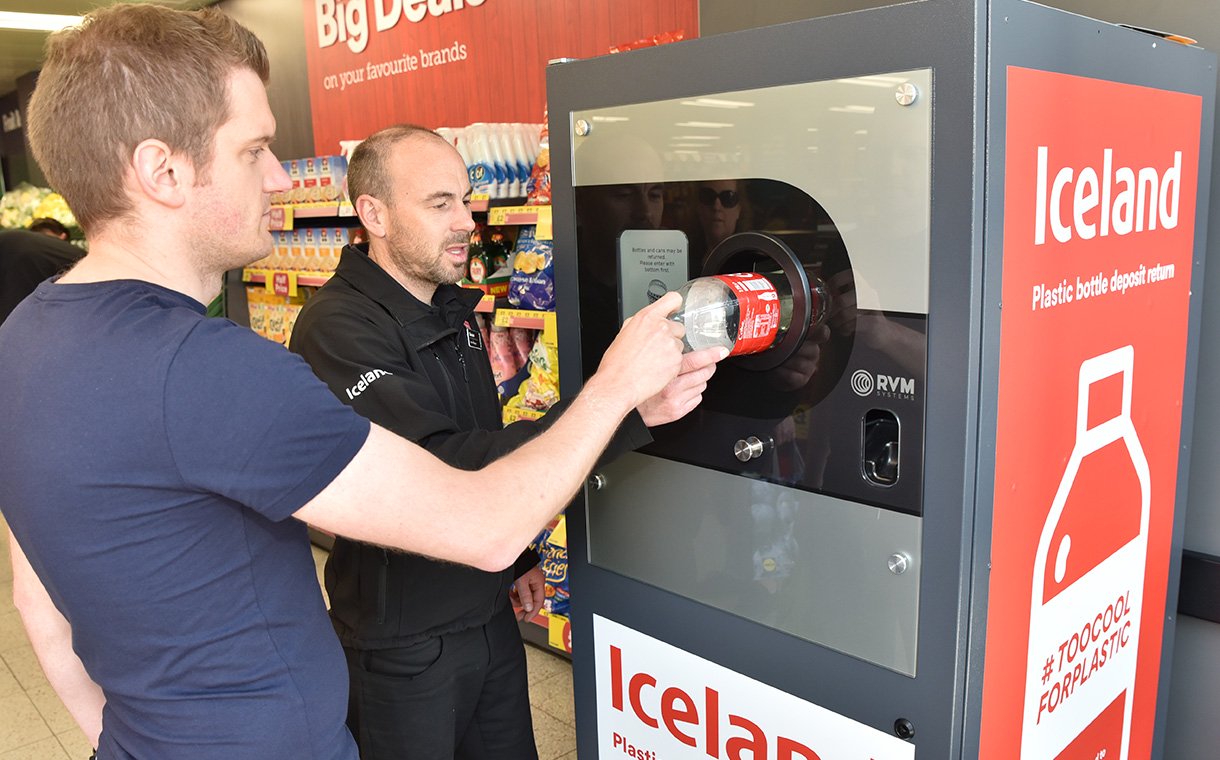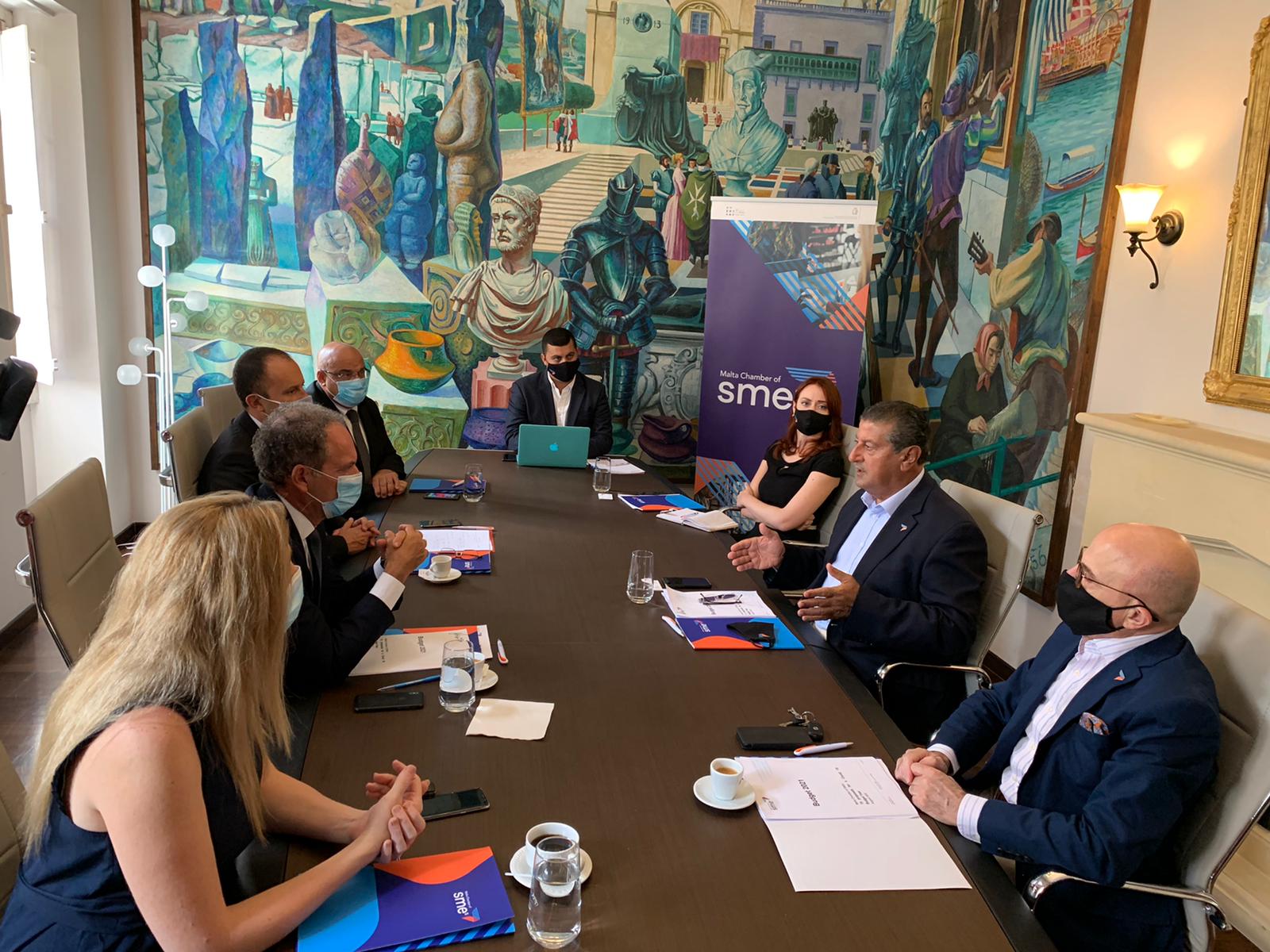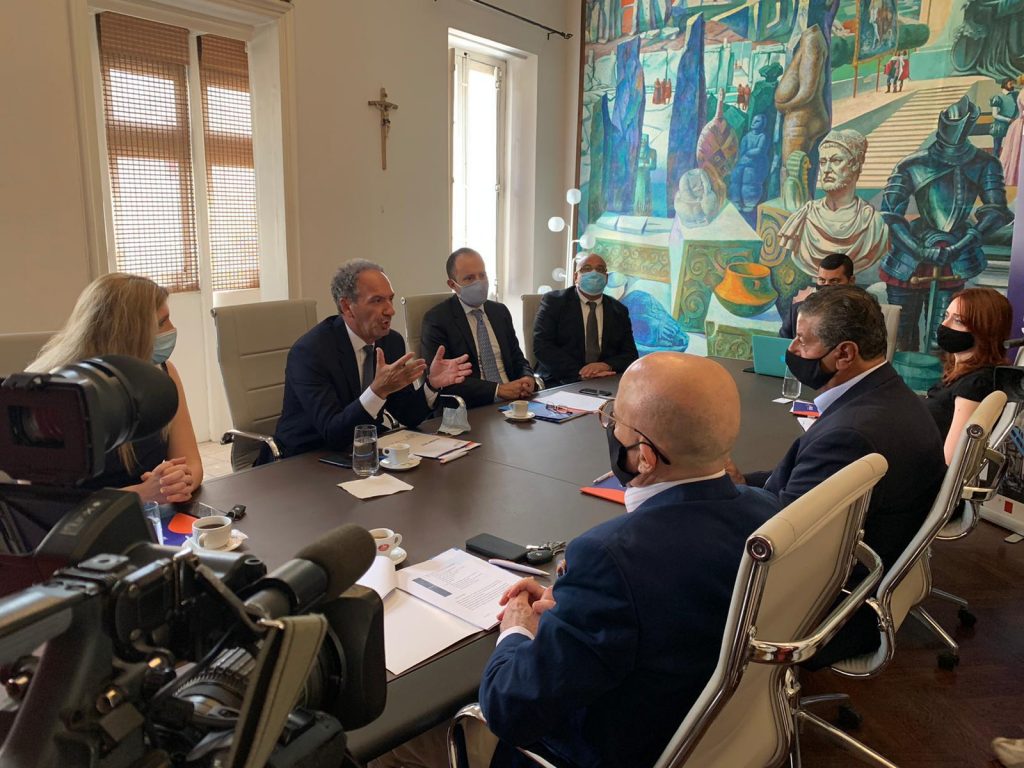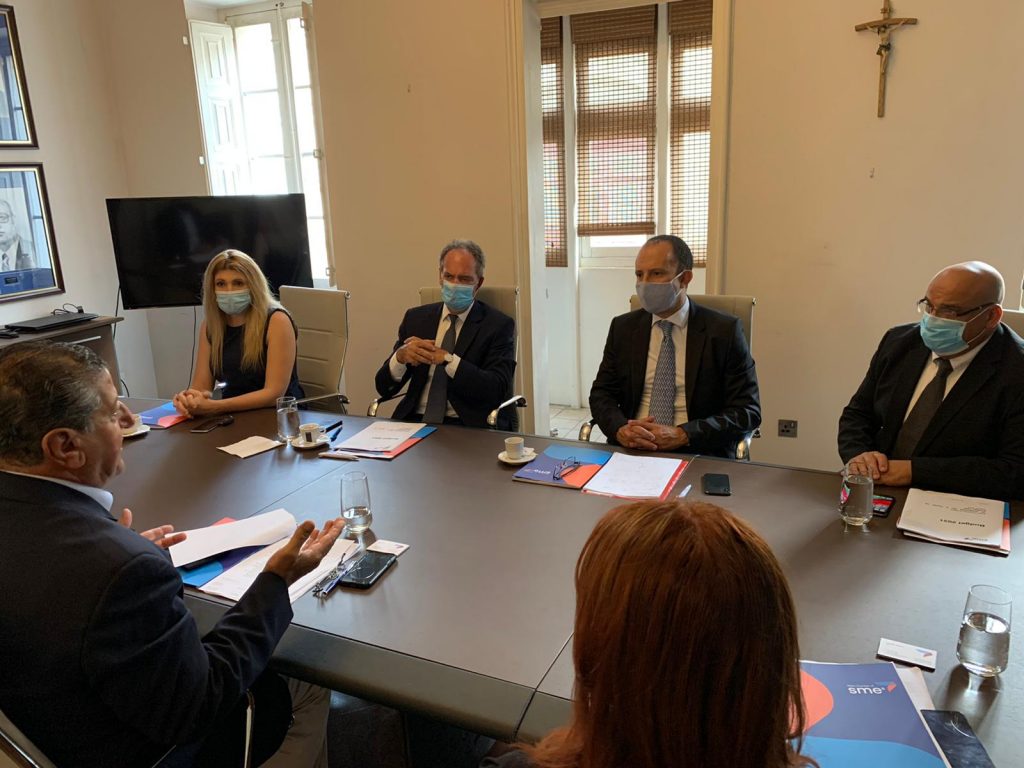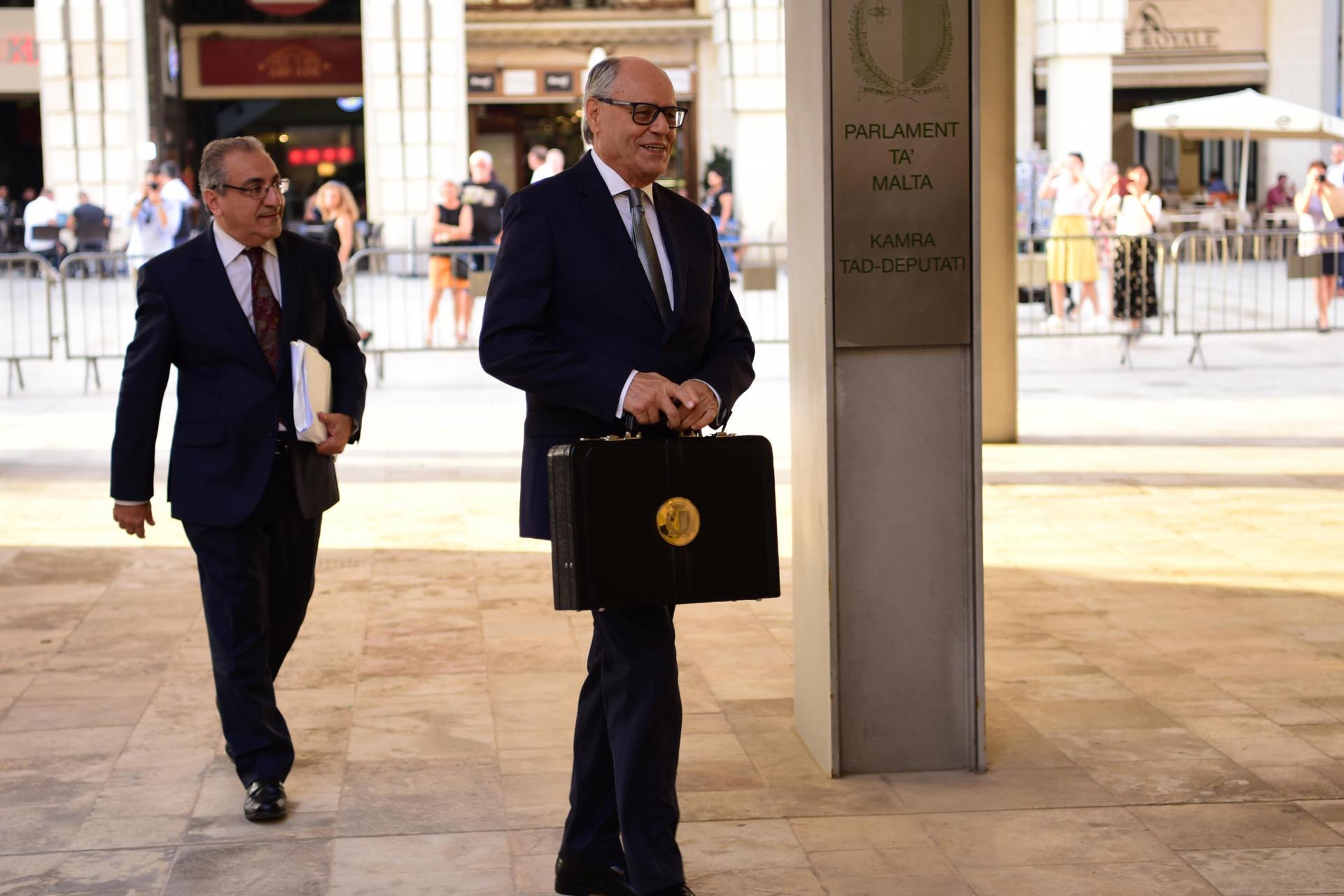The Malta Chamber of SMEs has published its full set of 19 Budget proposals that mainly focus on the required urgent response mechanism to counter the effects of the Covid 19 pandemic on businesses.
In his foreword, the SME Chamber President Paul Abela states that 2020 is nothing like what anyone expected and will be remembered as an exceptional year for all the wrong reasons. Mr Abela also explained that businesses had hoped for greater stability in 2020, after Malta had gone through very turbulent months at the end of 2019 and later saw the election of Dr Robert Abela as Prime Minister. Unfortunately, Covid 19 did quite the opposite.
Lack of confidence, lack of stability and great uncertainty have been with us for close to a year now when considering also the political instability that we closed 2019 with. Businesses have been hit very hard and Malta is still not rid of Covid and will not be for some more time. Budget 2021 must guarantee a financial package that will see businesses through the Covid period and help them rebuild their strength to be able to sustain the Maltese Economy independently again.
Below are the highlights of the set of proposals being put forward by the Malta Chamber of SMEs:
REDUCTION OF INCOME TAX ON BUSINESS TRADING INCOME
To 20% for the first Eur 100,000 in profits, to leave increased liquidity in the pockets of businesses
LOWERING THE VAT RATES ACROSS THE BOARD
10% from the current 18% and extending the special VAT rates for businesses that have been hardest hit by the pandemic. Similar to what other countries have done, lower VAT rates will encourage increased consumption
REMOVAL OF SISA
An unfair and hidden tax on consumption. SISA removed for all goods that do not carry the excise identifying marker
COVID WAGE SUPPLEMENT
Extended till March 2021 to give businesses pradicability
Reintegrating a number of business sectors on the original wage supplement
Give the possibility to employers to integrate critical staff in the Wage Supplement system to replace employees that have left and not made redundant
RELAUNCHING THE VOUCHER SCHEME
Redistribution of another round of Eur100 vouchers
INCREASED BANKING SUPPORT
Extending the moratoria on bank repayments for an additional 6 months in the form of a partial moratorium
Interest rate subsidy of 2.5% to be extended to all loans linked to new investments
NEW EMPLOYMENT AND TRAINING SCHEMES
A full financed training scheme that will incentivise the business to keep employees on and rather than staying unproductive
A re-employment grant scheme where employers that employ someone who has over the last months been made redundant due to Covid would be assisted by covering Eur 500/month of the wage for one year
Strengthen the Get Qualified scheme to encourage personal development
E-COMMERCE SUPPORT SCHEMES
A grant scheme that would help businesses cover costs linked to the successful execution of a website which are beyond the cost of building a website per se
EXTENDING MICROINVEST BENEFITS
Extending the cash conversion possibility of MicroInvest from 30% to 50% up to a maximum of Eur 5000 insteatd of Eur 2000
Extend eligible costs covered by MicroInvest to cover Covid consumables such as disposable and reusable masks, disinfection and fumigation services and sanitizers
NO BUSINESS SUCCESSION TAX ON CAUSA MORTIS
When a business stays within the immediate family.
IMPROVING THE ACCESSIBILITY TO AND WITHIN GOZO IN A SUSTAINABLE MANNER TO PRESERVE GOZO’S PRISTINE NATURE
The SME Chamber’s Budget 2021 targets businesses and consumers alike, who depend on each other now, with the effects of Covid, more than ever.
We thank the Prime Minister for his support and cooperation during this difficult year as the state support measures were crucial to avoid mass business closures and unemployment.
